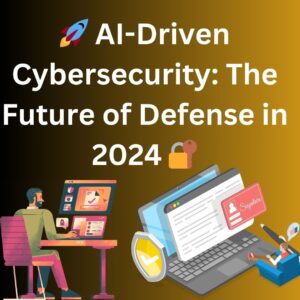
The evolution of the metaverse in 2024 represents a captivating intersection of cutting-edge technology and boundless human imagination. Forecasts for the year suggest a significant leap forward, with advancements in AI and high-quality chips providing the much-needed computing power. Despite the initial hype, practical applications are anticipated to define the metaverse’s trajectory in the coming years.
AI’s Transformative Role in the Metaverse:
The fusion of AI and the metaverse is poised to redefine the very essence of creation within virtual realms. Creators are expected to leverage AI, envisioning a future where entire virtual worlds are shaped using ChatGPT-style prompts. This assimilation promises an enriched user experience, fostering prolonged immersion in these digital domains.
Technological Landscape Unveiled in 2023:
Tech giants Apple and Meta made significant strides in 2023, unveiling VisionPro headsets and Ray-Ban smart glasses, respectively. While these unveilings mark progress, they represent incremental steps in the broader spectrum of metaverse development.
Elon Musk’s Neuralink, having received FDA approval for a 2024 human clinical trial, stands as a landmark in the metaverse’s evolution. Though its full potential is a long-term prospect, Neuralink’s brain implant technology could significantly influence the metaverse.
Recap of Metaverse in 2023:
The metaverse encountered challenges in 2023 due to a generative AI ‘frenzy’ and shifting tech sector focus towards AI development. Even Meta, investing billions, seemed to backtrack from the metaverse project. Issues like a shrinking VR market, slow adoption of Meta’s VR app, and infrastructure limitations hindered progress.
Global Initiatives and Standards:
Key global initiatives, including the 1st ITU Forum on the metaverse, held in Riyadh, and the EU’s strategy for Web 4.0, are shaping the metaverse’s future. China’s MIIT and the US FCC are actively working on defining standards to expedite metaverse development and improve technology infrastructure.
AI’s Backbone Role:
AI’s evolution within virtual environments is set to support immersive experiences, rendering virtual worlds, driving AI-driven chatbots, enabling real-time translations, and contributing to content creation and moderation.
Challenges at the Intersection:
Integration of AI and the metaverse poses challenges, including data privacy concerns, algorithmic bias, and the need for fair representation. Safeguarding personal and sensitive information, addressing biases, and ensuring inclusivity are crucial considerations.






